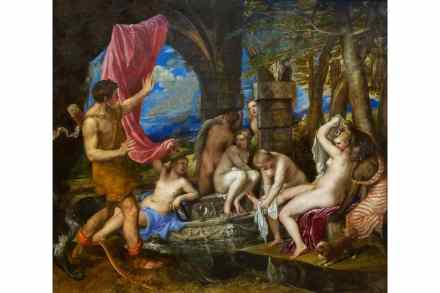Spectator competition winners: The last will and testament of Gollum
In Competition No. 3248, you were asked to submit the last will and testament of a fictional character. In a smallish entry, Frank McDonald’s Ancient Mariner made a splash: To make amends with my last breath I must give more than words, So my small fortune I bequeath To a charity for birds. I was




















